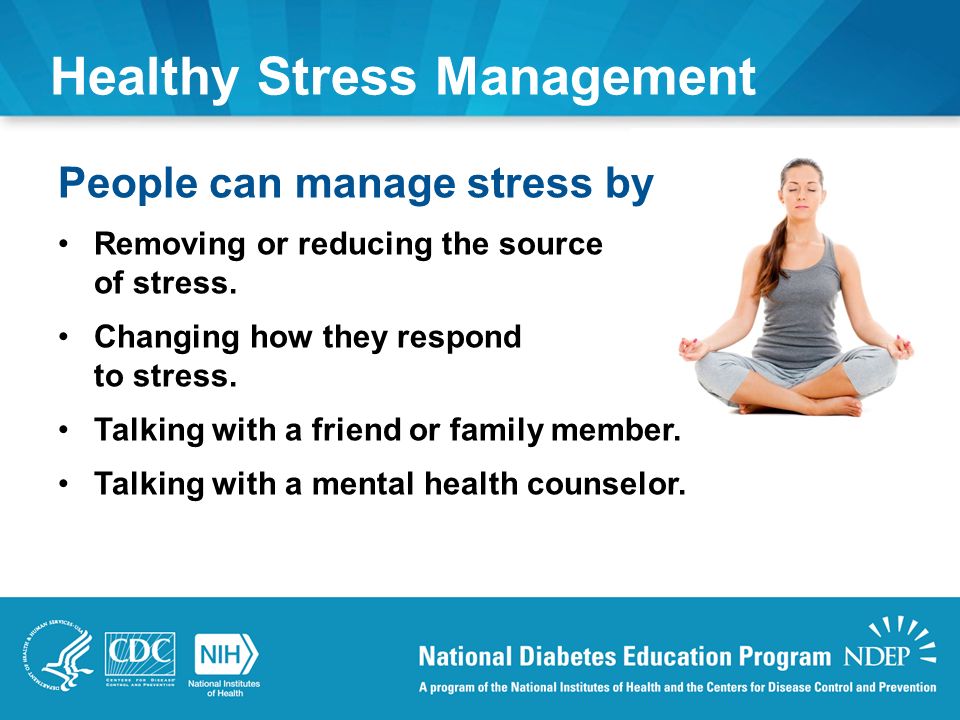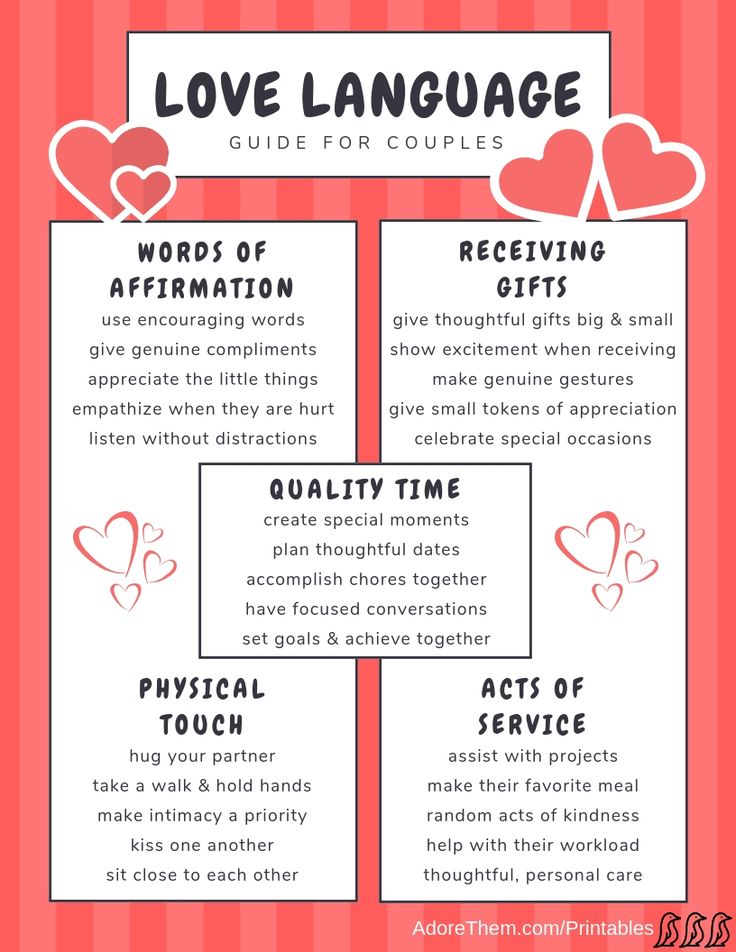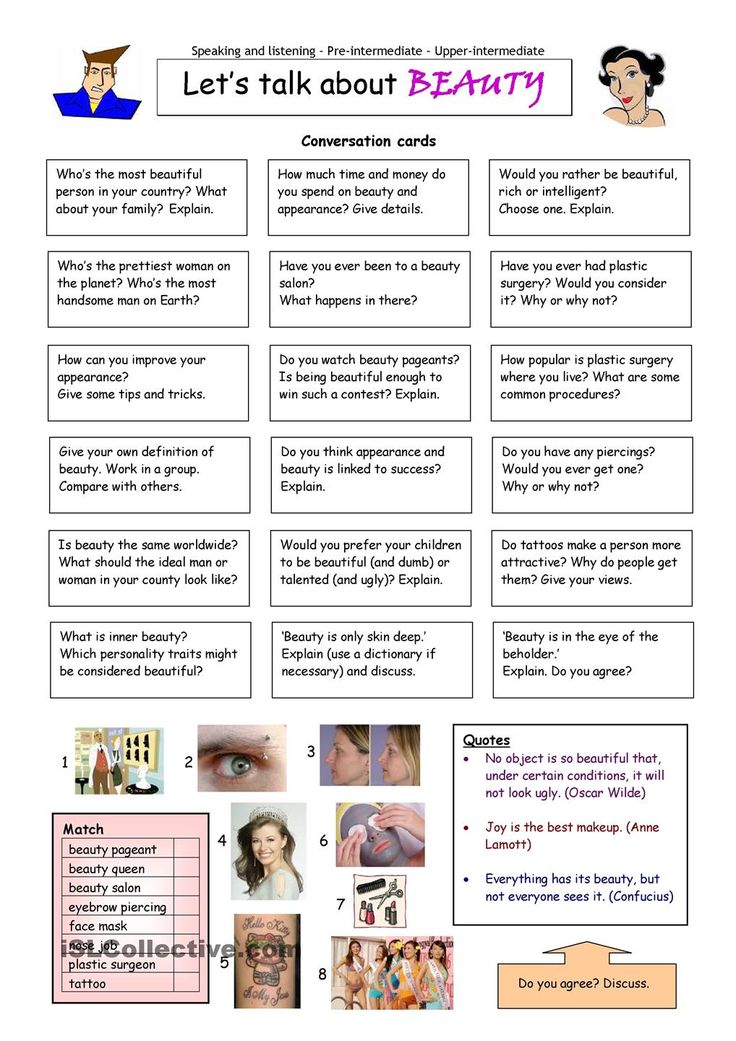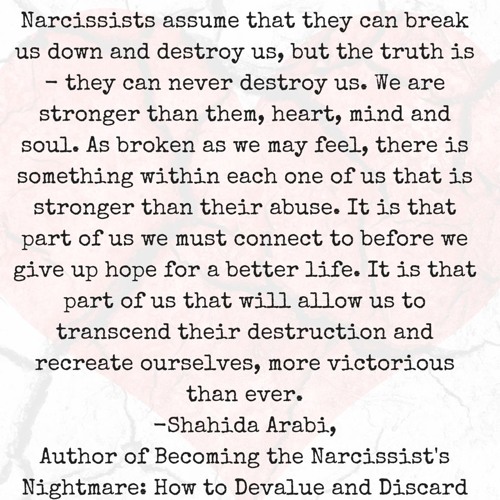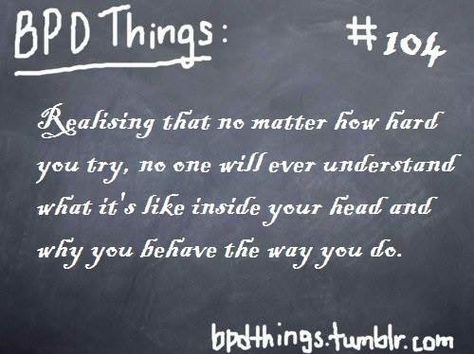How to reduce the fear
10 ways to fight your fears
Whatever it is that scares you, here are 10 ways to help you cope with your day-to-day fears and anxieties.
These tips are for people who are coping with everyday fears. If you have been diagnosed with an anxiety-related condition, see our page on generalised anxiety disorder.
1. Take time out
It's impossible to think clearly when you're flooded with fear or anxiety. The first thing to do is take time out so you can physically calm down.
Distract yourself from the worry for 15 minutes by walking around the block, making a cup of tea or having a bath.
2. Breathe through panic
If you start to get a faster heartbeat or sweating palms, the best thing is not to fight it.
Stay where you are and simply feel the panic without trying to distract yourself. Place the palm of your hand on your stomach and breathe slowly and deeply.
The goal is to help the mind get used to coping with panic, which takes the fear of fear away.
Try this breathing technique for stress
3. Face your fears
Avoiding fears only makes them scarier. Whatever your fear, if you face it, it should start to fade. If you panic one day getting into a lift, for example, it's best to get back into a lift the next day.
4. Imagine the worst
Try imagining the worst thing that can happen – perhaps it's panicking and having a heart attack. Then try to think yourself into having a heart attack. It's just not possible. The fear will run away the more you chase it.
5. Look at the evidence
It sometimes helps to challenge fearful thoughts. For example, if you're scared of getting trapped in a lift and suffocating, ask yourself if you have ever heard of this happening to someone. Ask yourself what you would say to a friend who had a similar fear.
6. Don't try to be perfect
Life is full of stresses, yet many of us feel that our lives must be perfect. Bad days and setbacks will always happen, and it's important to remember that life is messy.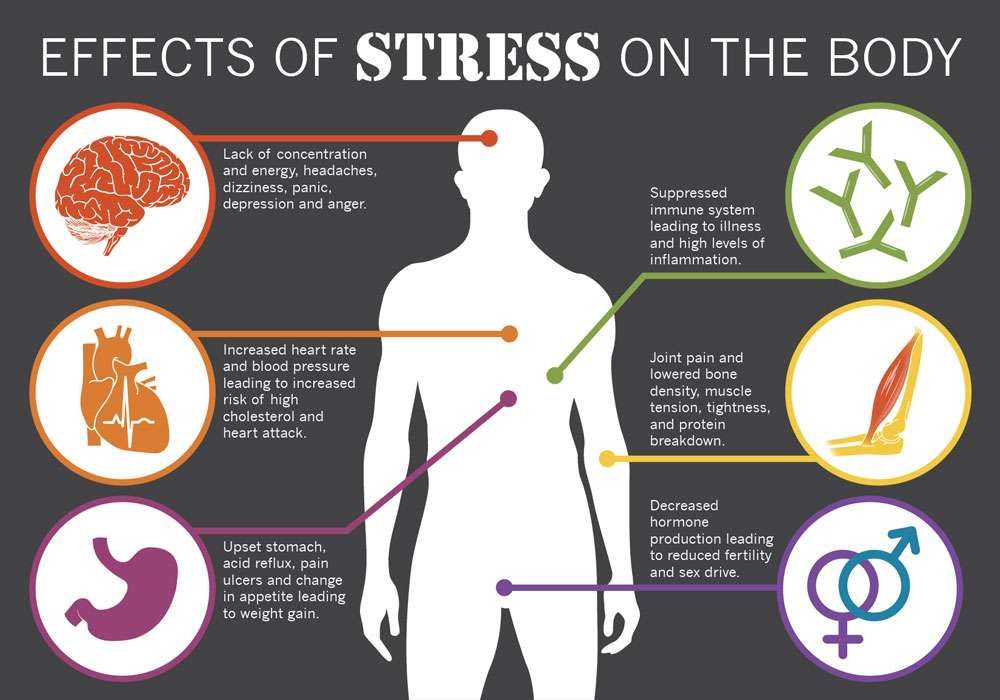
7. Visualise a happy place
Take a moment to close your eyes and imagine a place of safety and calm. It could be a picture of you walking on a beautiful beach, or snuggled up in bed with the cat next to you, or a happy memory from childhood. Let the positive feelings soothe you until you feel more relaxed.
8. Talk about it
Sharing fears takes away a lot of their scariness. If you can't talk to a partner, friend or family member, call a helpline such as Breathing Space on 0800 83 85 87 or Samaritans on 116 123.
You could also try a Cognitive Behavioural Therapy approach over the telephone, with a service such as NHS Living Life. If you would like to find out more about this appointment-based service, you can visit the Living Life website or phone 0800 328 9655 (Mon to Fri, 1pm to 9pm).
If your fears aren't going away, you can ask your GP for help. GPs can refer people for counselling, psychotherapy or help through an online mental health service, such as Living Life to the Full.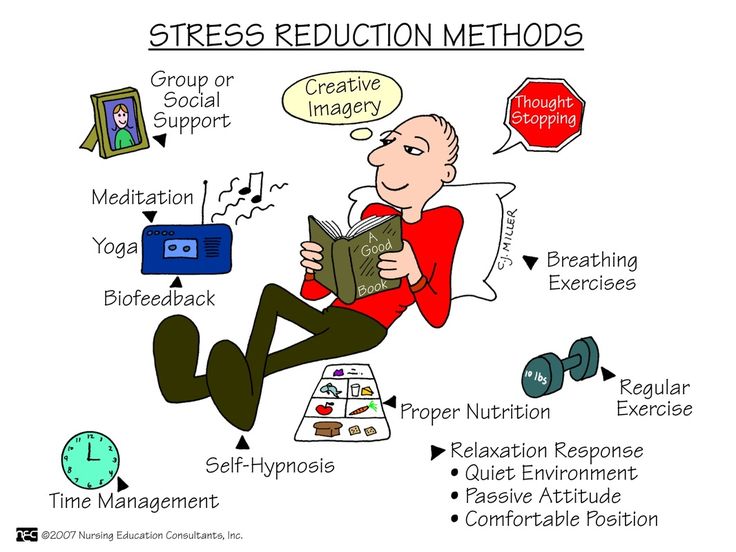
9. Go back to basics
Lots of people turn to alcohol or drugs to self-treat anxiety, but this will only make matters worse. Simple, everyday things like a good night's sleep, a wholesome meal and a walk are often the best cures for anxiety.
10. Reward yourself
Finally, give yourself a treat. When you've made that call you've been dreading, for example, reinforce your success by treating yourself to a massage, a country walk, a meal out, a book, a DVD, or whatever little gift makes you happy.
How to overcome fear and anxiety
Anxiety is a word we use for some types of fear that are usually to do with the thought of a threat or something going wrong in the future, rather than right now.
Fear and anxiety can last for a short time and then pass, but they can also last much longer and you can get stuck with them. In some cases they can take over your life, affecting your ability to eat, sleep, concentrate, travel, enjoy life, or even leave the house or go to work or school. This can hold you back from doing things you want or need to do, and it also affects your health.
This can hold you back from doing things you want or need to do, and it also affects your health.
Some people become overwhelmed by fear and want to avoid situations that might make them frightened or anxious. It can be hard to break this cycle, but there are lots of ways to do it. You can learn to feel less fearful and to cope with fear so that it doesn’t stop you from living.
What makes you afraid?
Lots of things make us feel afraid. Being afraid of some things – like fires – can keep you safe. Fearing failure can make you try to do well so that you won’t fail, but it can also stop you from doing well if the feeling is too strong.
What you’re afraid of and how you act when you’re afraid of something can vary per person. Knowing what makes you afraid and why can be the first step to sorting out problems with fear.
Manage and reduce stress: How can we manage and reduce stress? - our free downloadable pocket guide offers you 101 tips.
What makes you anxious?
Because anxiety is a type of fear, the things we’ve described fear above are also true for anxiety.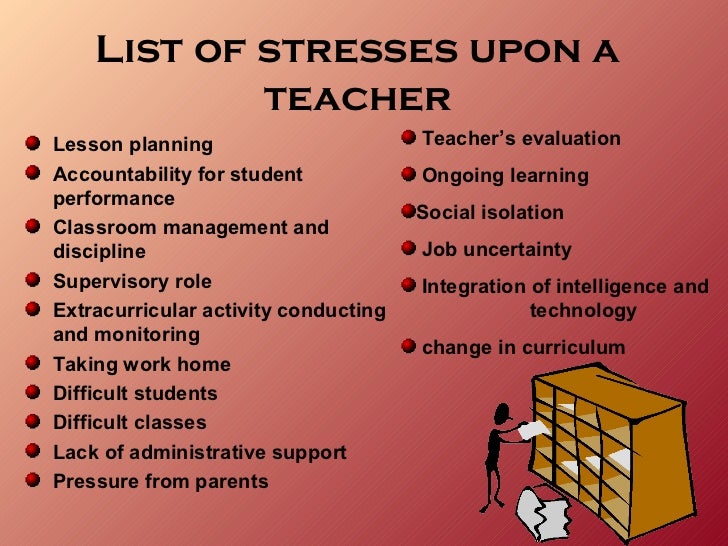
The word ‘anxiety’ tends to be used to describe worry, or when fear is nagging and persists over time. It is used when the fear is about something in the future rather than what is happening right now.
Anxiety is a word often used by health professionals when they’re describing persistent fear. The ways that you feel when you’re frightened and anxious are very similar, as the basic emotion is the same.
What do fear and anxiety feel like?
When you feel frightened or seriously anxious, your mind and body work quickly. These are some of the things that might happen:
- Your heart beats very fast – maybe it feels irregular
- You breathe very fast
- Your muscles feel weak
- You sweat a lot
- Your stomach churns, or your bowels feel loose
- You find it hard to concentrate on anything else
- You feel dizzy
- You feel frozen to the spot
- You can’t eat
- You have hot and cold sweats
- You get a dry mouth
- You get very tense muscles
These things occur because your body, sensing fear, is preparing you for an emergency, so it makes your blood flow to the muscles, increases blood sugar, and gives you the mental ability to focus on the thing that your body perceives as a threat.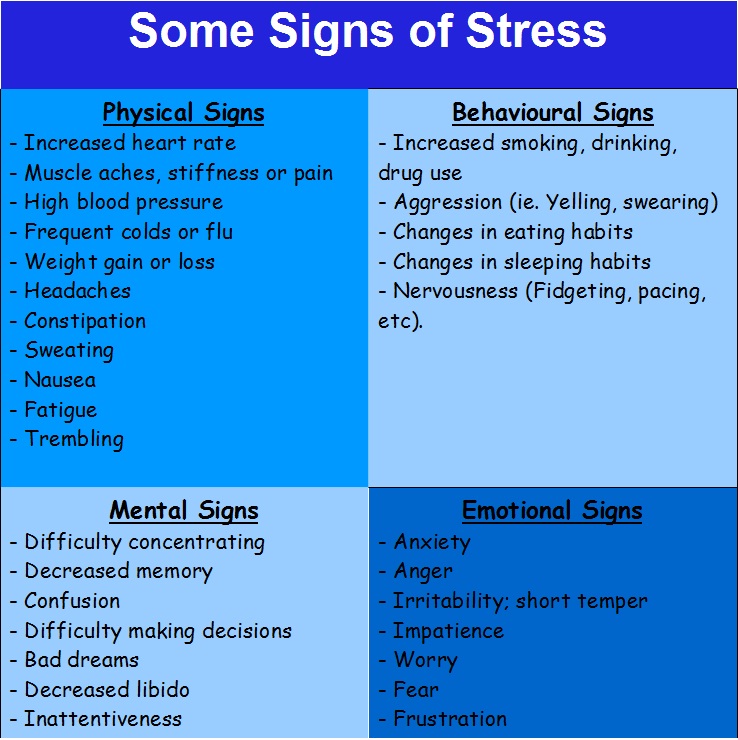
With anxiety, in the longer term, you may have some of the above symptoms as well as a more nagging sense of fear, and you may get irritable, have trouble sleeping, develop headaches, or have trouble getting on with work and planning for the future; you might have problems having sex and might lose self-confidence.
Why do I feel like this when I’m not in any real danger?
Early humans needed the fast, powerful responses that fear causes, as they were often in situations of physical danger; however, we no longer face the same threats in modern-day living.
Despite this, our minds and bodies still work the same way as our early ancestors, and we have the same reactions to our modern worries about bills, travel and social situations. But we can’t run away from or physically attack these problems!
The physical feelings of fear can be scary in themselves – especially if you are experiencing them and don’t know why or if they seem out of proportion to the situation. Instead of alerting you to danger and preparing you to respond to it, your fear or anxiety can kick in for any perceived threat, which could be imaginary or minor.
Instead of alerting you to danger and preparing you to respond to it, your fear or anxiety can kick in for any perceived threat, which could be imaginary or minor.
Why won’t my fear go away and leave me feeling normal again?
Fear may be a one-off feeling when you are faced with something unfamiliar.
But it can also be an everyday, long-lasting problem – even if you can’t put your finger on why. Some people constantly feel a constant sense of anxiety without any particular trigger.
There are plenty of triggers for fear in everyday life, and you can’t always figure out why you are frightened or how likely you are to be harmed. Even if you can see how out of proportion a fear is, the emotional part of your brain keeps sending danger signals to your body.
Sometimes you need mental and physical ways of tackling fear.
What is a panic attack?A panic attack is when you feel overwhelmed by the physical and mental feelings of fear – the signs listed above under ‘What do fear and anxiety feel like?’ People with panic attacks say that they find it hard to breathe, and they may worry that they’re having a heart attack or will lose control of their body. See the ‘Further support and information’ section below if you want help with panic attacks.
See the ‘Further support and information’ section below if you want help with panic attacks.
A phobia is an extreme fear of a particular animal, thing, place or situation. People with phobias have an overwhelming need to avoid contact with the specific cause of the anxiety or fear. The thought of coming into contact with the cause of the phobia makes you anxious or panicky.
How do I know if I need help?Fear and anxiety can affect all of us now and then. It is only when it is severe and long-lasting that doctors class it as a mental health problem. If you feel anxious all the time for several weeks, or if it feels like your fears are taking over your life, then it’s a good idea to ask your doctor for help or try one of the websites listed below under 'Further support and information'. The same is true if a phobia is causing problems in your daily life or if you are experiencing panic attacks.
How can I help myself?
Face your fear if you can
If you always avoid situations that scare you, you might stop doing things you want or need to do. You won’t be able to test out whether the situation is always as bad as you expect, so you miss the chance to work out how to manage your fears and reduce your anxiety. Anxiety problems tend to increase if you get into this pattern. Exposing yourself to your fears can be an effective way of overcoming this anxiety.
You won’t be able to test out whether the situation is always as bad as you expect, so you miss the chance to work out how to manage your fears and reduce your anxiety. Anxiety problems tend to increase if you get into this pattern. Exposing yourself to your fears can be an effective way of overcoming this anxiety.
Know yourself
Try to learn more about your fear or anxiety. Keep an anxiety diary or thought record to note when and what happens. You can try setting yourself small, achievable goals for facing your fears. You could carry a list of things that help when you are likely to become frightened or anxious. This can be an effective way of addressing the underlying beliefs that are behind your anxiety.
Try to learn more about your fear or anxiety. Keep a record of when it happens and what happens.
Exercise
Increase the amount of exercise you do. Exercise requires some concentration, which can take your mind off your fear and anxiety.
Relax
Learning relaxation techniques can help you with the mental and physical feelings of fear. It can help just to drop your shoulders and breathe deeply. Or imagine yourself in a relaxing place. You could also try learning things like yoga, meditation or massage.
It can help just to drop your shoulders and breathe deeply. Or imagine yourself in a relaxing place. You could also try learning things like yoga, meditation or massage.
Healthy eating
Eat lots of fruit and vegetables, and try to avoid too much sugar. Resulting dips in your blood sugar can give you anxious feelings. Try to avoid drinking too much tea and coffee, as caffeine can increase anxiety levels.
Avoid alcohol, or drink in moderation
It’s very common for people to drink when they feel nervous. Some people call alcohol ‘Dutch courage’, but the after-effects of alcohol can make you feel even more afraid or anxious.
Complementary therapies
Some people find that complementary therapies or exercises, such as relaxation techniques, meditation, yoga, or t’ai chi, help them to deal with their anxiety.
Faith/spirituality
Whether religious or spiritual, this can give you a way of feeling connected to something bigger than yourself. Faith can provide a way of coping with everyday stress, and attending church and other faith groups can connect you with a valuable support network.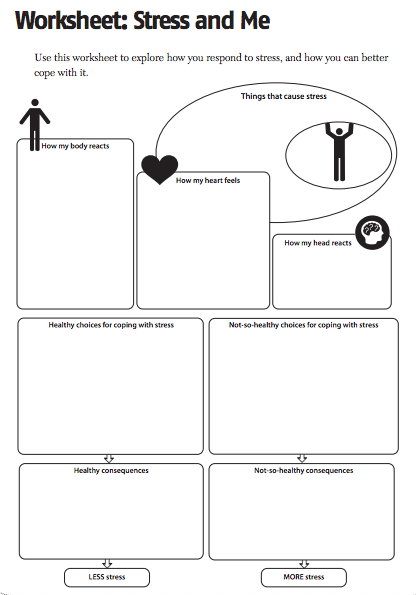
How do I get help?
Talking therapies
Talking therapies, like counselling or Cognitive Behavioural Therapy, are very effective for people with anxiety problems, including Computerised Cognitive Behavioural Therapy, which takes you through a series of self-help exercises on screen. Visit your GP to find out more.
Medication
Drug treatments are used to provide short-term help rather than looking at the root of the anxiety problems. Drugs may be most useful when they are combined with other treatments or support.
Support groups
You can learn much about managing anxiety from asking other people who have experienced it. Local support groups or self-help groups bring together people with similar experiences so that they can hear each other’s stories, share tips and encourage each other to try out new ways to manage themselves Your doctor, library or local Citizens Advice bureau will have details of support groups near you.
Further support and information
- Anxiety UK
- Samaritans
- NHS
Counselling
- The British Association of Counselling and Psychotherapy
- UK Council for Psychotherapy
How to overcome fear and become effective
Techniques that will help you solve problems at work and not deviate from the goal, even if it is very scary
Feeling fear is normal. It is common for any adequate person to be afraid of something new and unknown, whether it is an unexpected task from a manager, a change of job, or a transition to another field of activity. Uncertainty in one's abilities, fear of making a mistake and becoming the culprit of unpleasant consequences, losing a bonus due to poorly done work - the feelings that accompany us in this case.
It is common for any adequate person to be afraid of something new and unknown, whether it is an unexpected task from a manager, a change of job, or a transition to another field of activity. Uncertainty in one's abilities, fear of making a mistake and becoming the culprit of unpleasant consequences, losing a bonus due to poorly done work - the feelings that accompany us in this case.
How you react to fear will also determine your further behavior: it will paralyze and knock you out of the game, or it will become an assistant that will push you to new knowledge and results. A reasonable attitude to the habit of being afraid of the new and incomprehensible will help to form six simple rules.
1. Don't be afraid to be afraid
The first step to letting go of fear is to admit it to yourself. Say out loud, "Yes, I'm afraid, and that's okay." Tell a close friend about it, share it with a colleague you trust. By voicing a negative emotion, you live it in the moment, so then you can calmly gather your thoughts and start acting. At the same time, good advice and friendly support will be a nice bonus.
At the same time, good advice and friendly support will be a nice bonus.
2. Name your fear
Try to analyze your feelings and name what you are really afraid of. Answer a few simple questions: “What am I afraid of?”, “Why am I afraid of this?”, “Do I really need to be afraid of this?”, “What can I do to reduce the risks?”.
For example, you worked in a large company, kept records of settlements with suppliers, and you are offered to take full responsibility for accounting and reporting in a small company. And now you are no longer an ordinary accountant, but a chief accountant and a personnel officer rolled into one. It's nice and scary at the same time. It’s scary, because now you have to take full responsibility: study new areas of accounting, personnel matters and prepare reports in full for all departments - there is a high risk of error. It’s scary, because there is no one to ask for advice, and it’s inconvenient to disturb the director. It's scary because you'll have to sit alone in your office and there won't even be time to go to lunch.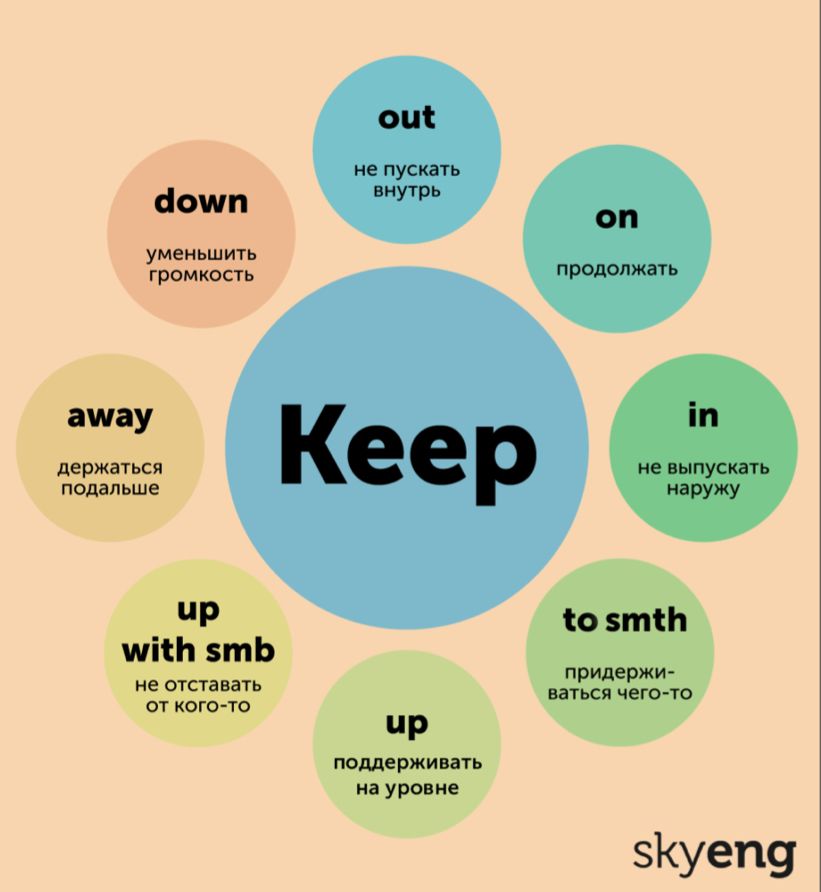 Once you have taken your big fear apart, you can work with them. Some points already seem insignificant and are not worth worrying about, others are worked out over time. Make a plan of action that will help change the situation or avoid mistakes. Certainty relieves anxiety, and understanding what needs to be done relieves anxiety.
Once you have taken your big fear apart, you can work with them. Some points already seem insignificant and are not worth worrying about, others are worked out over time. Make a plan of action that will help change the situation or avoid mistakes. Certainty relieves anxiety, and understanding what needs to be done relieves anxiety.
3. Scare yourself even more
Try to mentally unwind the whole chain of events: what will happen if your fears come true? Imagine the worst consequences of a mistake. You incorrectly calculated and transferred the land tax - submitted a report with an error - the Federal Tax Service will send a demand indicating the shortage - you will receive a reprimand from the manager, maybe even be fined. Unpleasant? Yes. But not fatal. Understand that the initial cause for worry is not so great, especially since at the start you can double-check the calculations, seek help from experienced colleagues and minimize the risk of error.
4.
 Believe in yourself, believe in yourself
Believe in yourself, believe in yourself If you stick to your goal, even when it's very scary, that's a sign of courage. Praise yourself for being able to confess your fears and being able to act without waiting for them to back off. This is your inner strength, and it means a lot to achieve your goal. Recognize your weaknesses, remember your strengths, and move forward. Carefully, step by step, given the accompanying difficulties, for example, constantly changing legislation or a subordinate who is sloppy in calculations and often makes mistakes.
5. Take the first step
Taking the first step is very scary, but important! This is what will move the matter from a dead point. For example, in the near future, all employers must switch to an electronic format for recording data on the labor activity of employees. The manager entrusted this task to you, but it is not clear from which side to approach - there are so many scattered and contradictory rumors, and you keep putting it off, although the deadlines are already running out.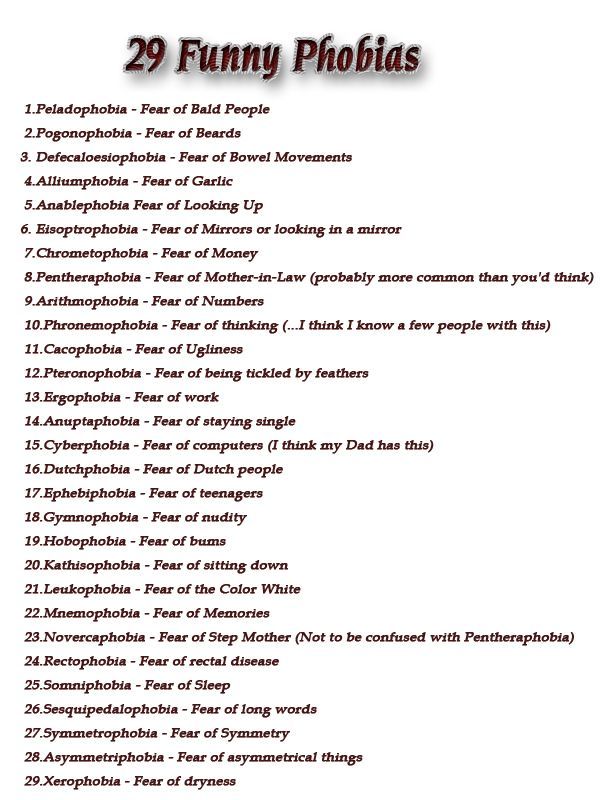 Start small: refer to the source, read the documents issued by the FIU, listen to a webinar of an expert you trust.
Start small: refer to the source, read the documents issued by the FIU, listen to a webinar of an expert you trust.
Collect as much information as possible about the task: what are the stages of transition to electronic work books, what documents need to be issued, how to familiarize employees with innovations, and, finally, whether the main reporting forms have been approved. When you have a sufficient amount of reliable information in your arsenal, it will be easier for you to outline a further work plan for this task.
6. Replace fear with a dream
Online courses for accountants
Professional development. Professional retraining. Documents of the established form in Kontur.School
Course schedule
When starting a new or challenging task, don't focus on your anxiety. Think about what the result should be, what reward awaits you for a job well done. This may be a bonus that will allow the whole family to go on vacation, recognition of colleagues or a promotion that you have long dreamed of.
When starting a task, keep this pleasant image in mind, then the unpleasant “I must” will change into a pleasant “I want”. With the right attitude, issues are resolved much easier.
And remember, you always have a choice: be afraid and retreat, or make friends with your fear and move towards your intended goal.
How to overcome fears that prevent you from living a full life
Alekseeva Maya Alexandrovna, psychologist at the health care institution "City Clinical Psychiatric Dispensary"
All people, starting from childhood, are literally saturated with a variety of fears. They are initiated by parents, friends, teachers, the closest environment. And over time, the person himself, without being aware of this, begins to be afraid of almost every decision and step taken.
The presence of fears is quite a natural phenomenon. But h the feeling of fear has such a strong power over a person that it can either become the engine of his development, or vice versa, paralyze on the way to achieving the goal.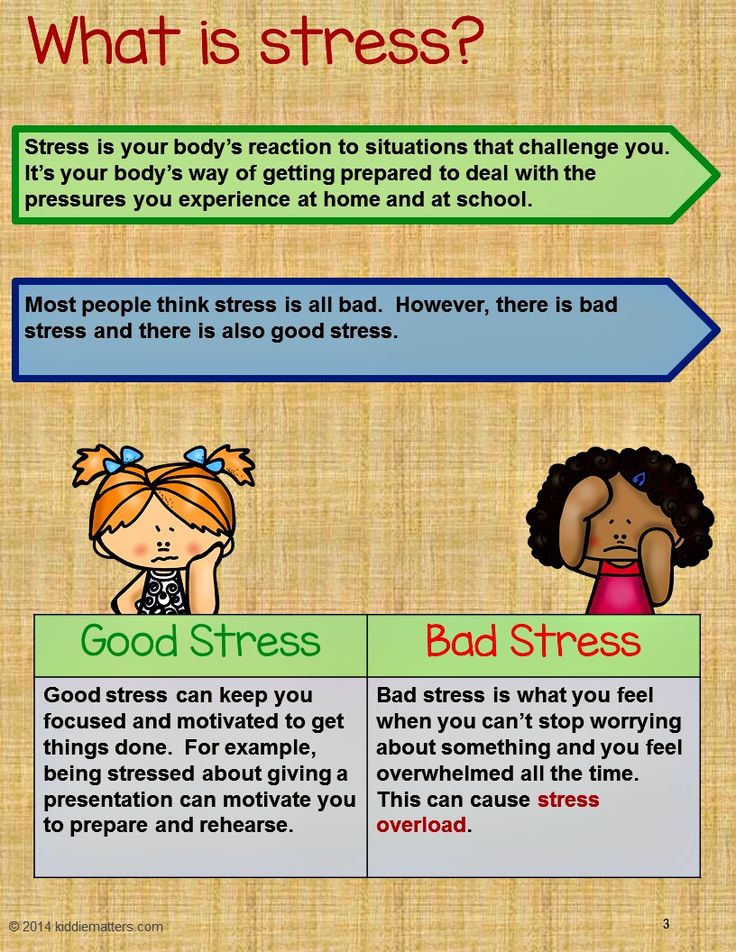 And to understand, to meet “face to face” with your fears is a big and serious step towards curing fear.
And to understand, to meet “face to face” with your fears is a big and serious step towards curing fear.
So what is fear and why is it dangerous for a person?
Fear is an emotionally colored short-term emotion or a relatively long-term mental state, a feeling of inner tension, generated by the experience of real or imagined (expected) danger.
When fear occurs, a number of physiological changes occur in the body. The work includes the hypothalamus, pituitary gland and adrenal cortex. As a result of activation of the hypothalamus, corticotropin is produced. It in turn includes the nervous system and the pituitary gland. It triggers the adrenal glands and produces prolactin. The adrenal glands secrete cortisol. Along with this, adrenaline and norepinephrine are produced. Externally and internally, all this manifests itself:
- pressure increase;
- increased heart rate and respiration;
- bronchial dilatation;
- goosebumps;
- decreased blood flow to the organs of the digestive and reproductive systems;
- dilated pupils;
- release of glucose into the blood;
- rapid fat burning;
- increased acidity in the stomach and reduced production of enzymes;
- shutdown of the immune system.
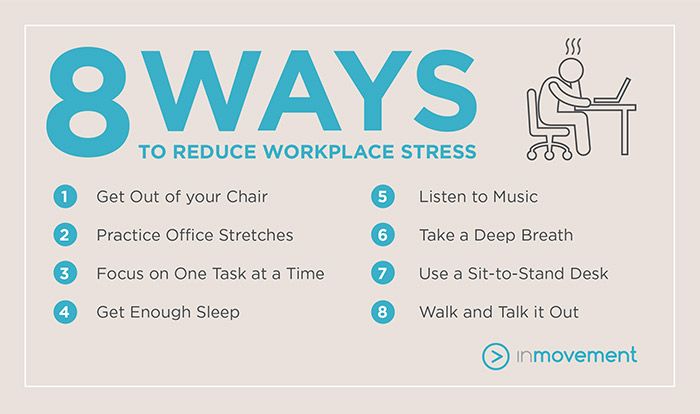
In real danger, this allows you to think faster, see better, hit harder, run faster.
But if the fear is imaginary and constant, then the body does not benefit from everything that happens to it at that moment. That is why, against the background of fear, psychosomatic diseases develop:
- stool disorders;
- bronchial edema;
- shortness of breath;
- chest pain.
Thus, there is a vicious circle. For example, you are afraid of getting sick, but against the background of fear you get sick. In addition, the more often you experience fear (stress), the less you can correctly assess the situation, which results in various chronic phobias.
At the psychic level, it is accompanied by restlessness, anxiety, low mood, etc.
Reasons for fear can be both hidden and obvious. Often the person does not remember the obvious reasons. And under the hidden understand the fears coming from childhood. For example, increased parental care, temptations, a consequence of psychological trauma, fears caused by a moral conflict or an unresolved problem.
For example, increased parental care, temptations, a consequence of psychological trauma, fears caused by a moral conflict or an unresolved problem.
There are also cognitively constructed causes: feelings of rejection, loneliness, threats to self-respect, depression, feelings of inadequacy, feelings of imminent failure.
Professor V.Yu. Shcherbatykh divided all fears into three groups: social, biological, existential.
To biological he attributed those fears that are directly related to the threat to human life. The most popular fear of this group is the fear of illness.
All social fears are caused by situations that can undermine social status, lower self-esteem. For example, fear of others. At the heart of this fear is criticism, and yours in the first place. To overcome this problem, try not to criticize yourself, but to praise more. It is human nature to project our shortcomings or problems onto others, that is, in people we notice and scold what we do not accept in ourselves.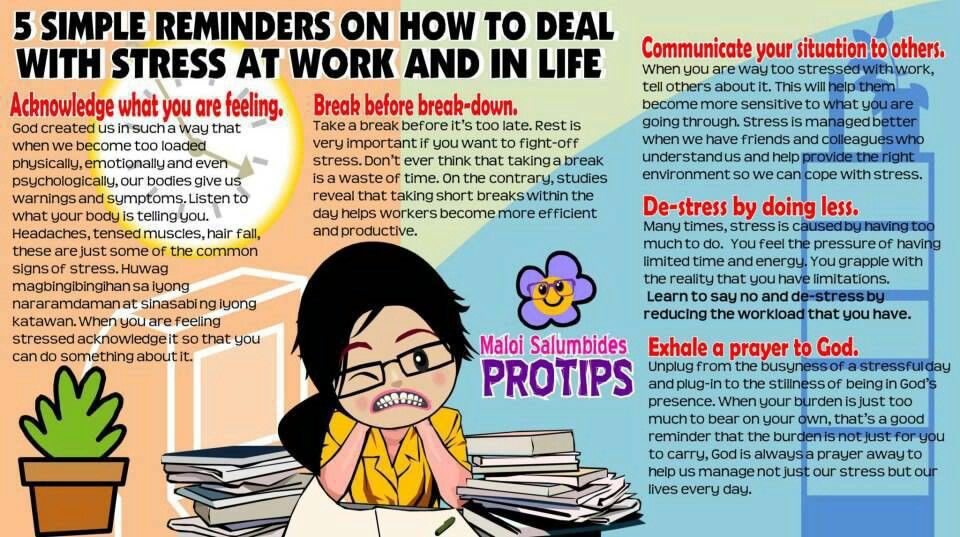 And, as it were, we play ahead of the curve until it is noticed here. That is, we are afraid that our shortcomings (pickiness, touchiness, vindictiveness, conflict, deceit, dishonesty, indecision, etc.) will be noticed. On the same basis, there is a fear of seeming ridiculous, falling under the evil mood of someone. To solve this problem, you need to learn how to demonstrate yourself what you want to see in others.
And, as it were, we play ahead of the curve until it is noticed here. That is, we are afraid that our shortcomings (pickiness, touchiness, vindictiveness, conflict, deceit, dishonesty, indecision, etc.) will be noticed. On the same basis, there is a fear of seeming ridiculous, falling under the evil mood of someone. To solve this problem, you need to learn how to demonstrate yourself what you want to see in others.
Existential fears are associated with the intellect of the individual and are caused by reflection (thinking about issues that affect the problems of life, as well as death and the very existence of a person. For example, the most popular fear of this group is the fear of death (one's own or loved ones). This is the most ambiguous phenomenon:
- On the one hand, it can reach such proportions that a person closes himself within four walls and simply rewinds the allotted time.0074
- But on the other hand, this is a normal fear that makes us look around when we cross the road.

The only way to deal with it is to accept it. All people are mortal. It makes no sense to experience death several times in your thoughts and darken yourself with this all your life.
So how can we get rid of the fears that prevent us from living a fulfilling life ?
I am not suggesting any step by step program to release fear. Just a few tips.
- To get rid of fear, you first need to recognize it . This is the most serious first step. Almost all of us have fears of some kind, but they lurk somewhere in the depths of our consciousness, often unnoticed, unacknowledged, because we ignore them and pretend that they do not exist. But they are. And they affect us every day throughout our lives. So acknowledge your fears.
- Write them down. What are you afraid of? Put it on paper. The entry will mean recognition and shed light on your concerns.
 This will bring your fears out of the dark corners of your mind where they can have power over you. Once you have put their material form on paper, you can do whatever you like with them. For example, they can be burned or torn apart, symbolizing destruction, or you can hang them on your refrigerator as a reminder of your enemies.
This will bring your fears out of the dark corners of your mind where they can have power over you. Once you have put their material form on paper, you can do whatever you like with them. For example, they can be burned or torn apart, symbolizing destruction, or you can hang them on your refrigerator as a reminder of your enemies. - Feel your fear . You have recognized it, but you are still afraid of it. Realize that you are not alone, that we all experience some kind of fear. Many people have the same fears as you. There is nothing wrong with feeling fear. Feel your fear as fully and deeply as possible. It is part of you, but it does not control you.
- 4. Ask yourself: what is the worst thing that can happen? Often this is not as scary as we first think. Are you afraid of failure in a new job? What happens if this happens? You will find another job. You will live on. Are you afraid of being rejected by someone of the opposite sex? What will happen then? You will find someone more suitable for you.
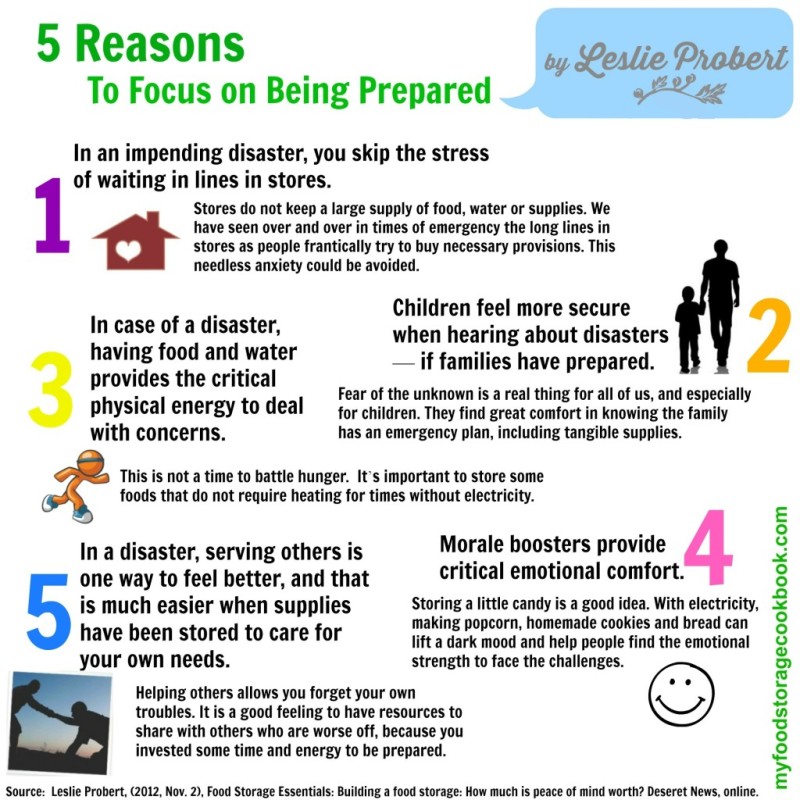 Are you afraid of financial collapse? What will this mean for you? You will cut your costs, perhaps asking family or friends to help out during this difficult time for you. You will find a way to make money. You will survive.
Are you afraid of financial collapse? What will this mean for you? You will cut your costs, perhaps asking family or friends to help out during this difficult time for you. You will find a way to make money. You will survive. - Just do it. I repeat: feel the fear and do it anyway. To overcome fear, you must simply do what you fear. You don't have to think about it for a long time, you need to act. When you do this, you will experience exciting sensations.
- Laugh and smile more often . Bring more humor into your life. Watch comedies or humorous shows, read jokes, search the Internet for various funny jokes. It's good to do this with friends. So you can laugh a lot, relieve stress and forget about your fears for a while.
- Be present. Fear of failure (or any other) is fear about the future. We are caught up in worries about what might happen. Banish all thoughts of the future. Banish even thoughts of past mistakes and failures.
